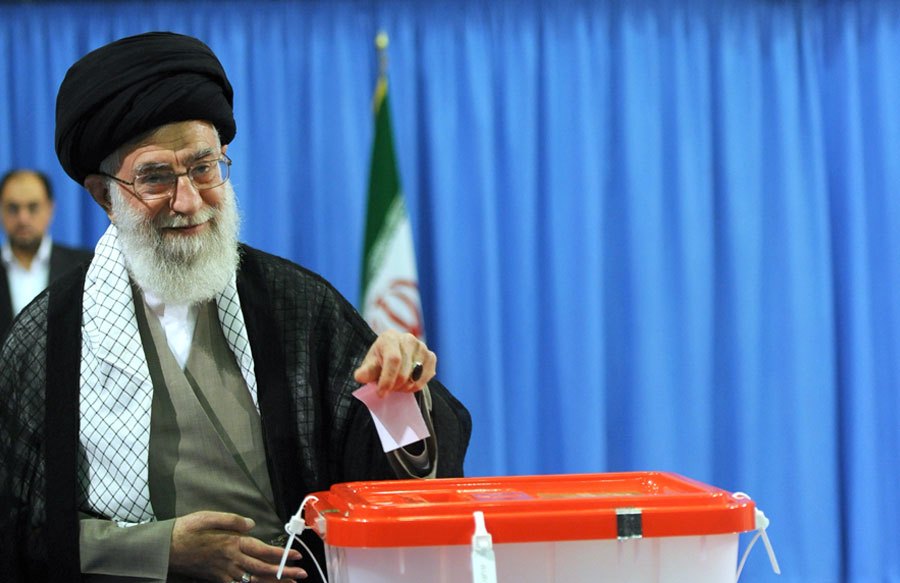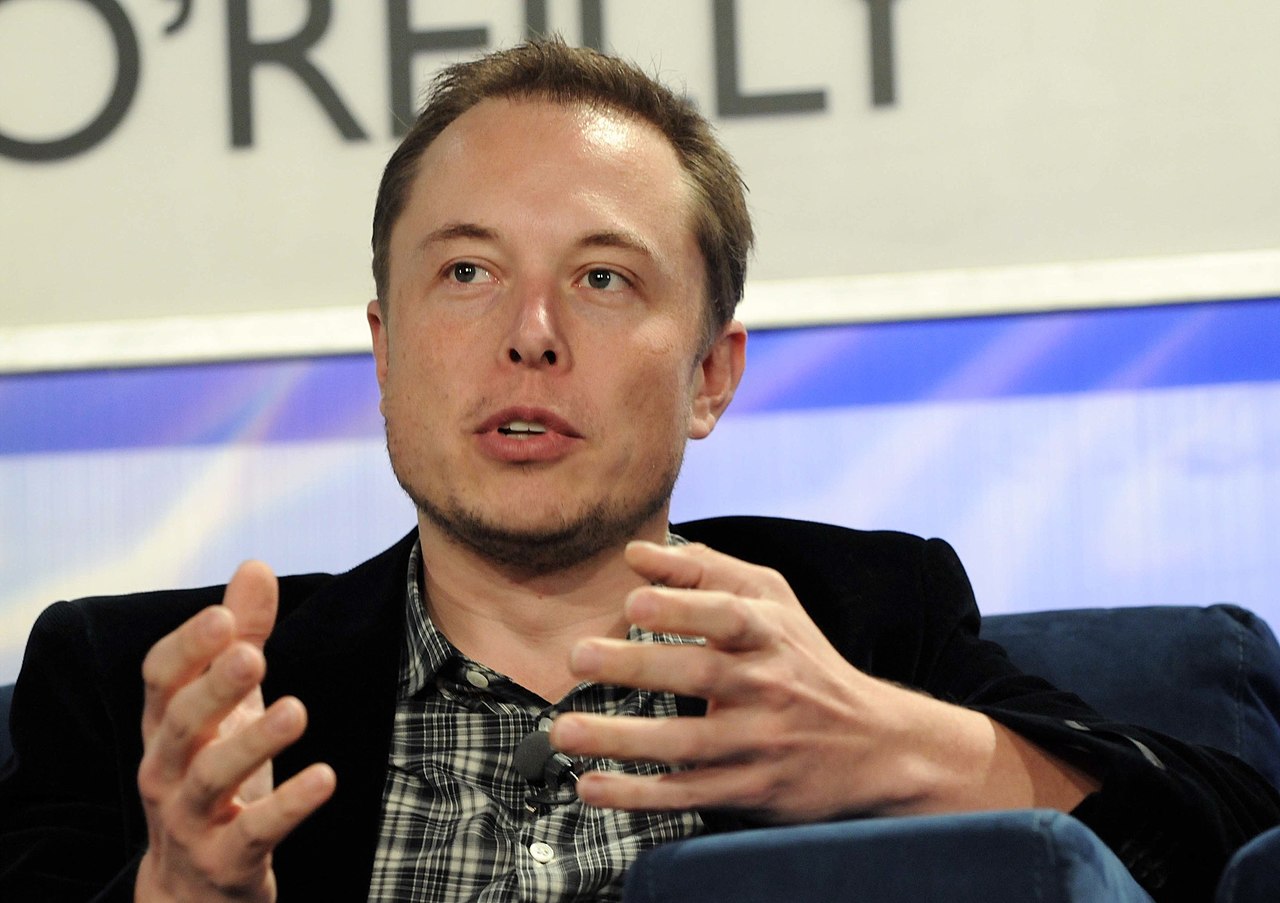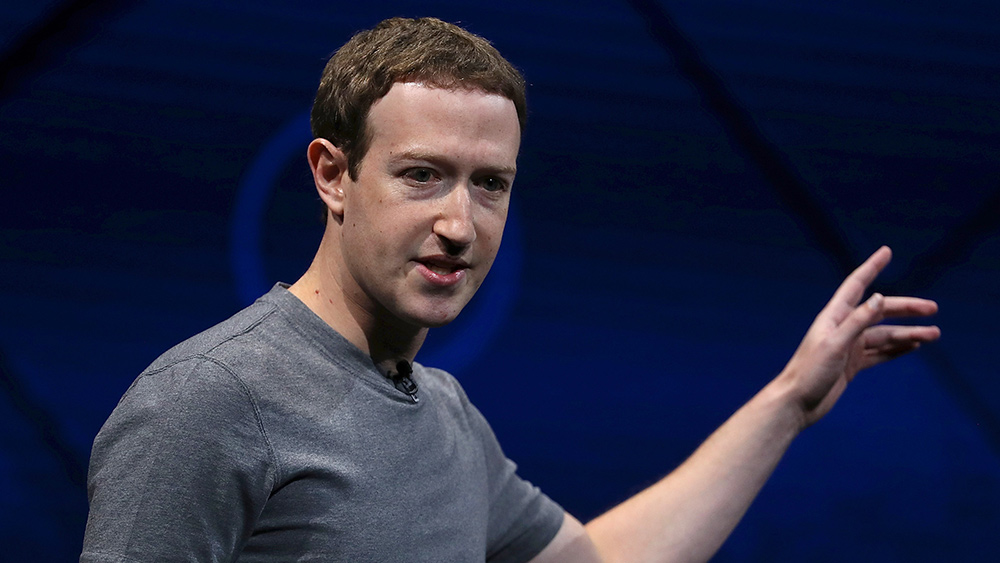ELECTION INTERFERENCE: Google launching “anti-misinformation” campaign in five European countries ahead of EU Parliament elections in June
03/01/2024 / By Richard Brown

Google is gearing up to launch an “anti-misinformation” campaign across five nations in the European Union ahead of the European Parliament elections in June.
Citizens of the EU are set to elect new members of the European Parliament who will be responsible for passing policies and laws in the 27-member bloc of over 450 million people. Current lawmakers are concerned about the spread of misinformation, with many already accusing Russia of spreading fake news and orchestrating a network of websites to spread pro-Russian propaganda. (Related: Google launches censorship measures to rig EU Parliamentary elections.)
To help the EU combat the spread of supposed Russian propaganda, Google’s internal tech incubator, Jigsaw, which also operates to tackle cybersecurity threats, will be running a series of animated ads across social media platforms such as YouTube and Tiktok in Belgium, France, Germany, Italy and Poland. The ads will feature so-called “prebunking” techniques aimed at helping viewers identify whether the content they are seeing on social media platforms is manipulative.
“We’ve spent so much time having these really polarized debates. Our democracy is at stake, and the temperature just keeps getting higher and higher,” said Jigsaw head of research Beth Goldberg. “Prebunking is the only technique, at least that I’ve seen, that works equally effectively across the political spectrum.” The campaign is set to begin in the spring and last for at least one month, with a view to extend it based on reach and performance.
Big Tech trying to influence results of EU Parliament elections
Facebook owner Meta has unveiled its own plans to launch a dedicated team to combat disinformation, with an angle toward mitigating harms caused by artificial intelligence.
Meta head of EU Affairs Marco Pancini said the new “EU-specific Elections Operations Center” will be bringing together experts who can tackle misinformation, influence operations and risks related to the abuse of AI.
“Ahead of the elections period, we will make it easier for all our fact-checking partners across the EU to find and rate content related to the elections because we recognize that speed is especially important during breaking news events,” said Pancini. “We’ll use keyword detection to group related content in one place, making it easy for fact-checkers to find.”
Pancini said Meta will also be working on a feature for the conglomerate’s social media platforms to force people to disclose when they want to share AI-generated video or audio, and possible penalties for noncompliance.
However, observers say these campaigns are just a ploy by Big Tech to influence the results of the European Parliament elections.
The EU Parliament’s elections will be taking place between June 6 and 9 and are among a raft of major elections taking place in 2024, which analysts have noted as being the biggest election year in history.
More than 80 countries are holding or have already held major elections, including the United States, India, Mexico, Bangladesh, Indonesia, South Africa and Pakistan. These nations have all raised concerns about election-related mis- and disinformation and the use of AI in the spread of both.
Watch this Feb. 28 episode of “Brighteon Broadcast News” as Mike Adams, the Health Ranger, lays out why it is important for people to “de-Google” their entire lives.
This video is from the Health Ranger Report channel on Brighteon.com.
More related stories:
Google and Youtube enhance CENSORSHIP TACTICS ahead of 2024 elections.
CISA accused of colluding with Big Tech to censor election content, violating Americans’ free speech.
Sources include:
Submit a correction >>
Tagged Under:
big government, Big Tech, Censorship, conspiracy, cyber war, disinfo, election interference, elections, Europe, European Parliament, European Union, Facebook, Glitch, Google, insanity, meta, misinformation, propaganda, rigged, speech police, tech giants, technocrats, thought police, Tyranny
This article may contain statements that reflect the opinion of the author
RECENT NEWS & ARTICLES
COPYRIGHT © 2017 MARK ZUCKERBERG NEWS















